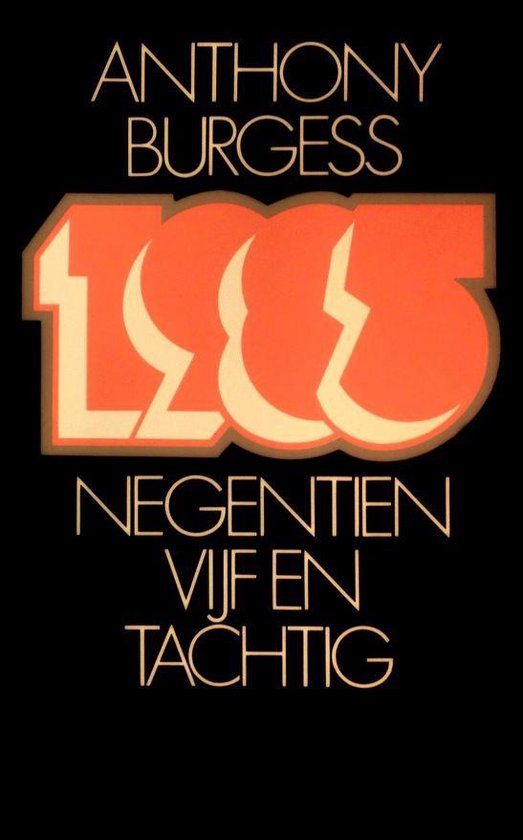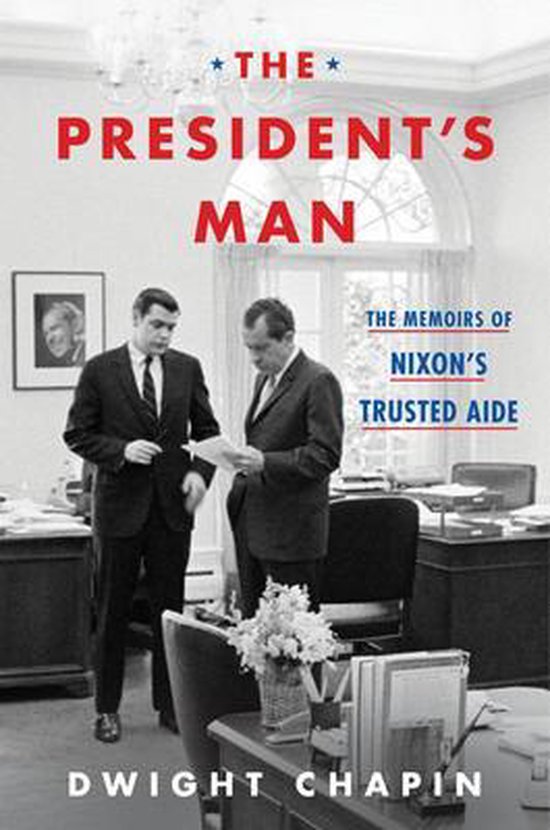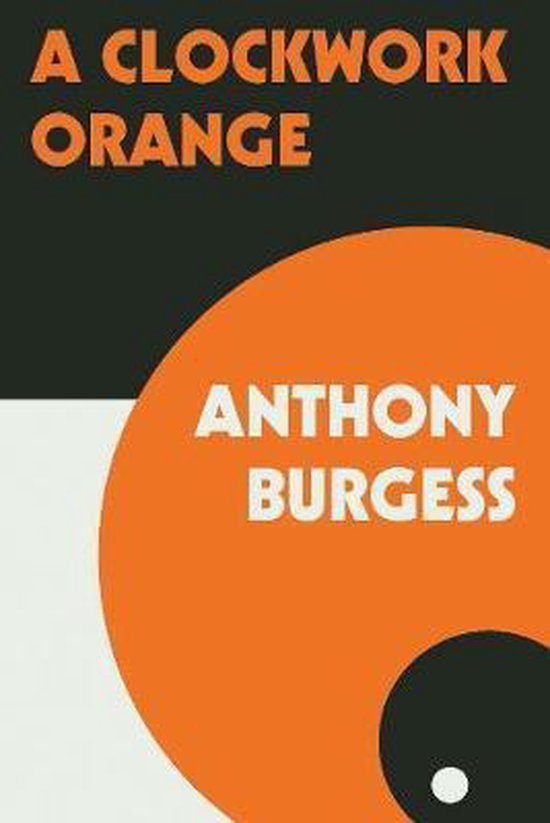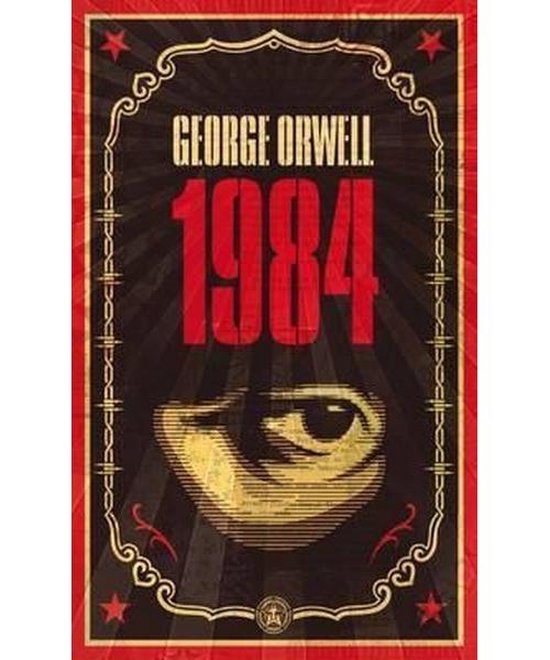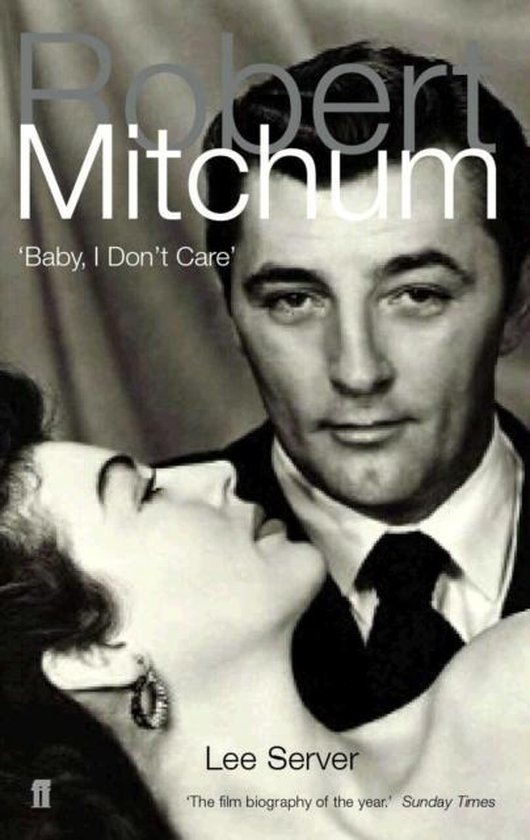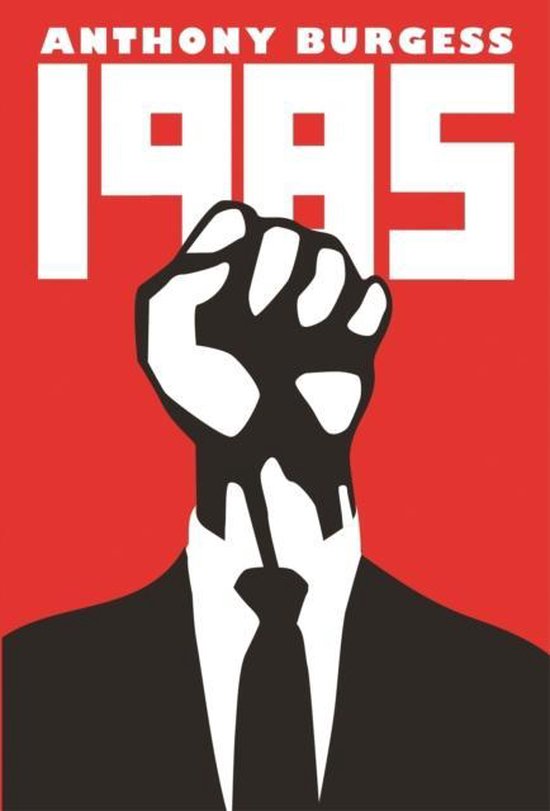
1985
A sharp analysis: through dialogues, parodies and essays, the author sheds light on what he called 'an apocalyptic codex of our worst fears', creating a critique that is literature in its own right.
In characteristically daring style, Anthony Burgess combines two responses to Orwell's 1984 in one book. The first is a sharp analysis: through dialogues, parodies and essays, Burgess sheds new light on what he called 'an apocalyptic codex of our worst fears', creating a critique that is literature in its own right. Part two is Burgess' own dystopic vision, written in 1978. He skewers both the present and the future, describing a state where industrial disputes and social unrest compete with overwhelming surveillance, security concerns and the dominance of technology to make life a thing to be suffered rather than lived. Together these two works form a unique guide to one of the twentieth century's most talented, imaginative and prescient writers. Several decades later, Burgess' most singular work still stands.
In characteristically daring style, Anthony Burgess combines two responses to Orwell's 1984 in one book. The first is a sharp analysis: through dialogues, parodies and essays, Burgess sheds new light on what he called 'an apocalyptic codex of our worst fears', creating a critique that is literature in its own right. Part two is Burgess' own dystopic vision, written in 1978. He skewers both the present and the future, describing a state where industrial disputes and social unrest compete with overwhelming surveillance, security concerns and the dominance of technology to make life a thing to be suffered rather than lived. Together these two works form a unique guide to one of the twentieth century's most talented, imaginative and prescient writers. Several decades later, Burgess' most singular work still stands.
| Auteur | | Anthony Burgess |
| Taal | | Engels |
| Type | | Paperback |
| Categorie | | Literatuur & Romans |
